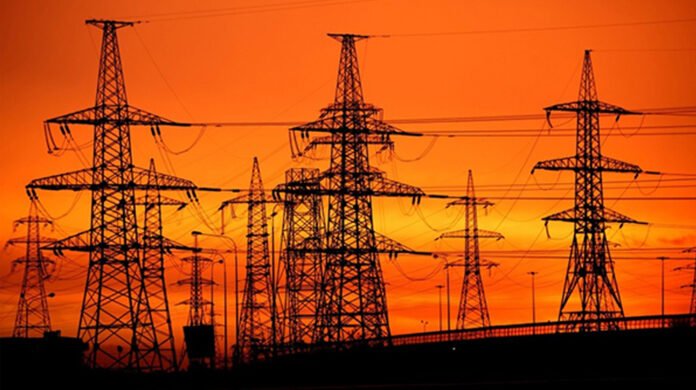In a strategic move ahead of Prime Minister Shehbaz Sharif’s visit to Beijing, Pakistan has drafted a new proposal aimed at restructuring $15.4 billion in energy-related debt with China.
This initiative is designed to extend the debt repayment period and reduce the financial burden on end consumers by lowering energy prices.
Under the proposal, Pakistan seeks to spread its debt repayments over an extended period, potentially reducing annual foreign currency outflows by $550 million to $750 million. Additionally, this could decrease energy costs by Rs3 per unit, according to Pakistani government officials.
The plan involves a five-year extension for the repayment of loans acquired for 21 power projects established under the China-Pakistan Economic Corridor (CPEC). While this extension would incur an additional $1.3 billion in payments, totaling $16.6 billion by 2040, it aims to provide significant short-term relief.
Senior government sources revealed that the proposal has yet to be presented to Chinese officials and was developed independently of the International Monetary Fund (IMF). The IMF and World Bank have historically been critical of Chinese energy projects in Pakistan, citing concerns over subsidy policies and financial sustainability.
The premier’s visit from June 4th to 7th is set to strengthen bilateral ties, despite Western reservations about CPEC’s strategic implications. The visit might also influence the timing of Pakistan’s budget announcement, with possibilities of either advancing it to early June or delaying it until after the 8th.
The Chinese ventures, financed partly at rates based on the London Interbank Offered Rate plus 4.5%, have placed a significant financial strain on Pakistani consumers due to high power tariffs required to cover interest and principal repayments during the first decade of the deals.
Negotiations with China, expected to be challenging due to Beijing’s reluctance to modify existing agreements, will involve discussions with the Chinese government, power producers, and banks.
If successful, the restructuring could reduce Pakistan’s debt repayment burden significantly this year and in the medium term.
As part of ongoing discussions with the IMF, Pakistani officials have underscored that lowering electricity prices hinges critically on renegotiating these power agreements with China.
Despite potential resistance, the need for tariff reductions remains a pressing issue, highlighted by the impending Rs7 per unit price increase set for July, which could impose an additional Rs800 billion burden on consumers.
Last year, China provided temporary relief by restructuring $2.4 billion in debt through the Exim Bank, illustrating the potential for further financial adjustments that could benefit Pakistan’s economic landscape.




